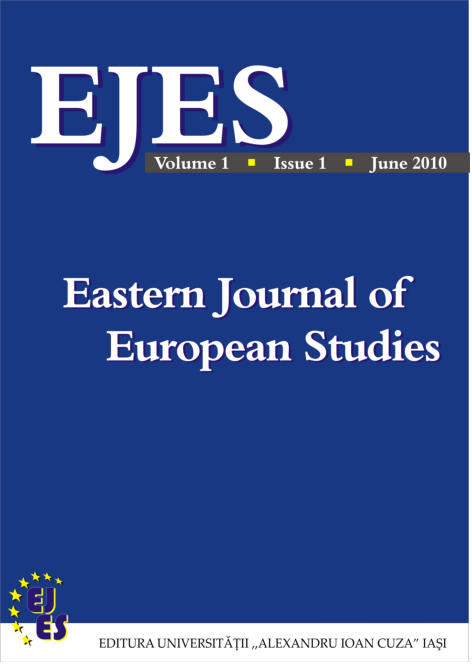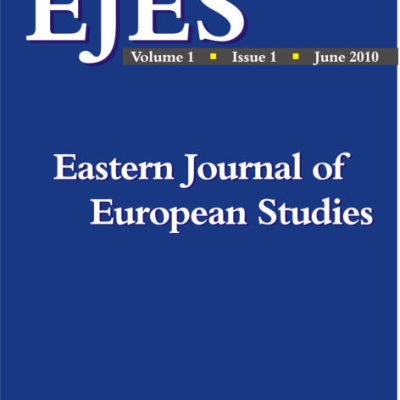Narrowing the gap in regional and age-specific excess mortality during the COVID-19 in Hungary
Abstract
In the first year and a half of the pandemic, the excess mortality in Hungary was 28,400, which was 1,700 lower than the official statistics on COVID-19 deaths. This discrepancy can be partly explained by the protective measures instated during the COVID-19 pandemic which decreased the intensity of the seasonal flu outbreak, which caused on average 3,000 deaths per year. Compared to the second wave of
the COVID-19 pandemic, the third wave showed a reduction in the differences in excess mortality between age groups and regions. The excess mortality rate for people aged 75+ fell significantly in the third wave, presumably partly due to the vaccination schedule and the absence of a normal flu season. For people aged 40–74, the excess mortality rate rose slightly in the third wave. Between regions, excess
mortality was highest in Northern Hungary and Western Transdanubia, and much lower in Central Hungary, where the capital is located. The excess mortality rate for men was almost twice as high as that for women in almost all age groups.
⇒ Tovább a teljes tanulmányra



